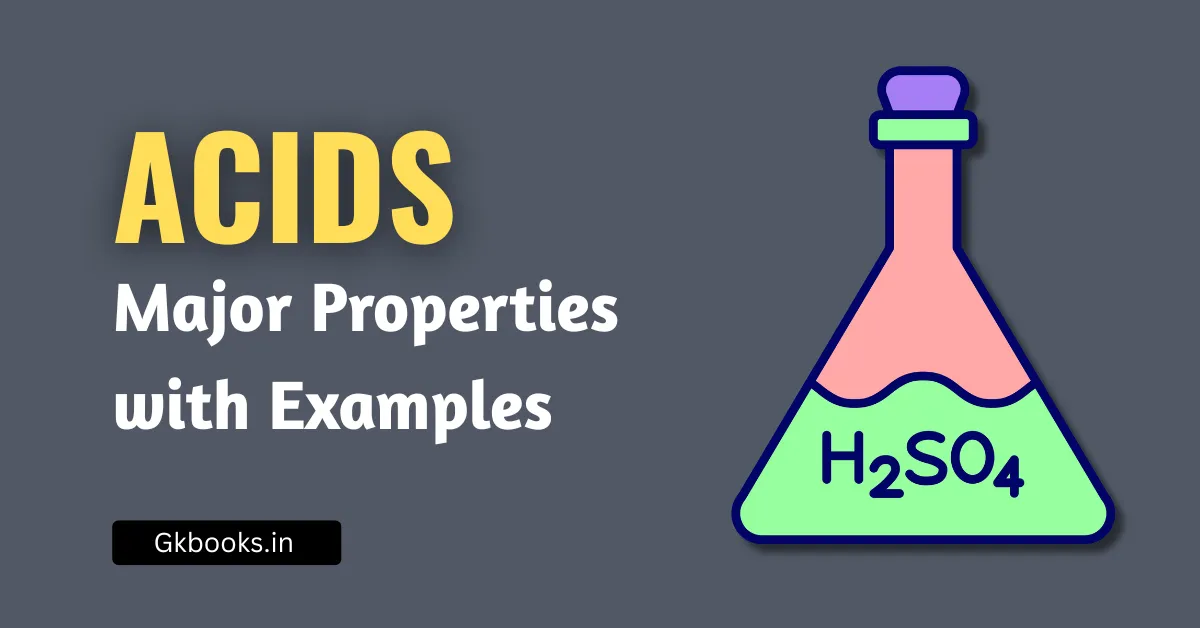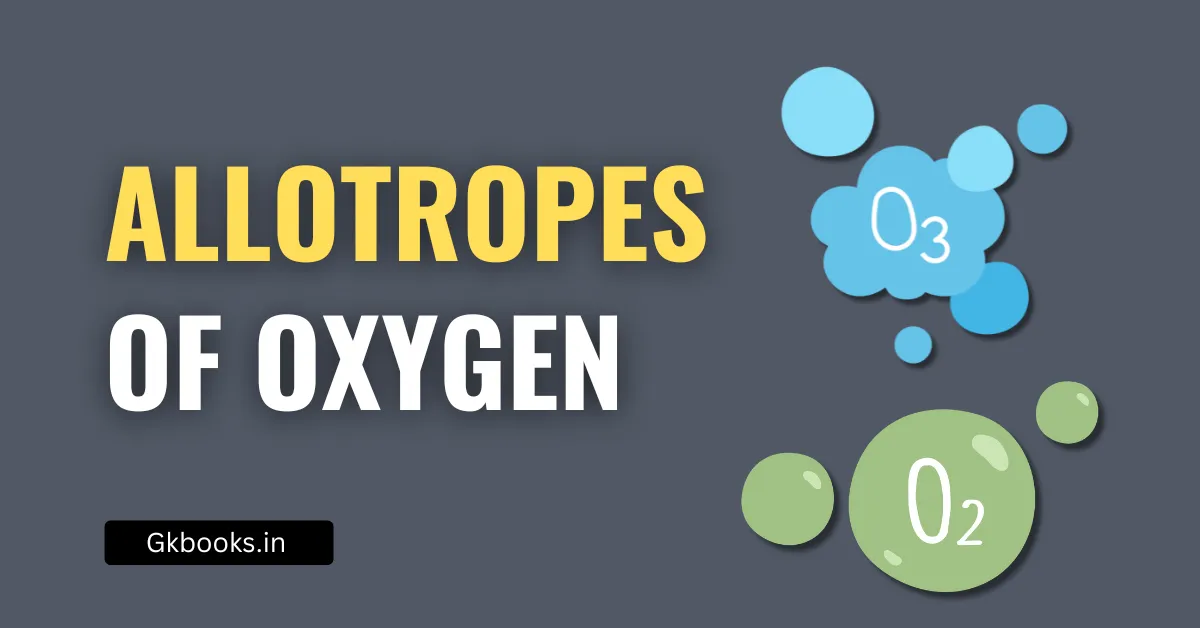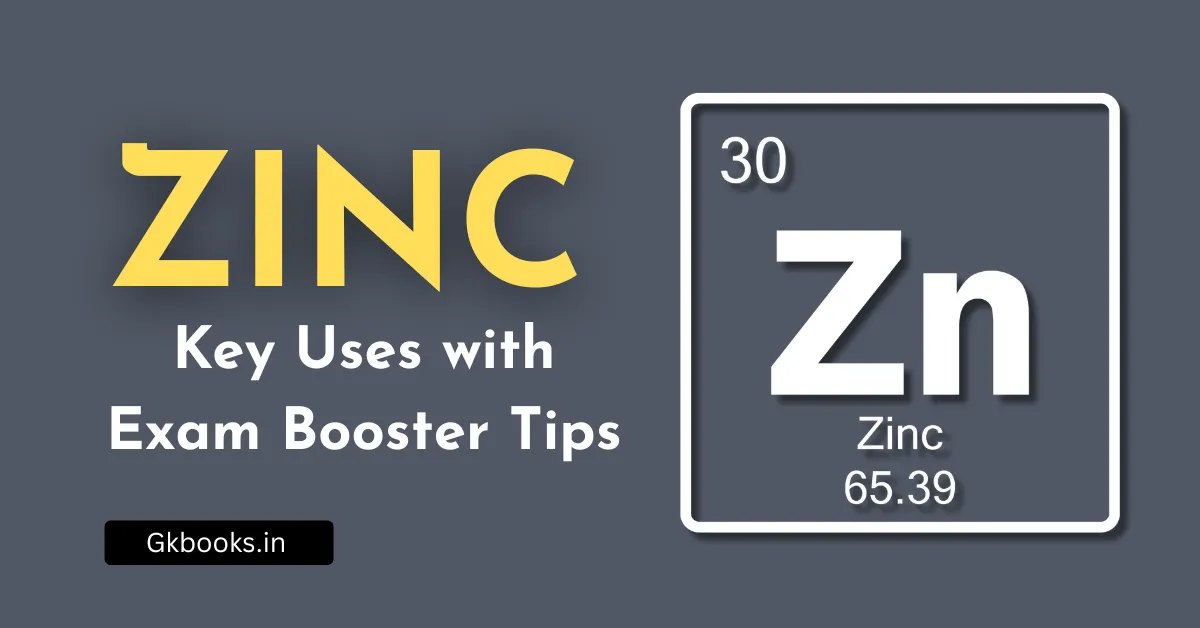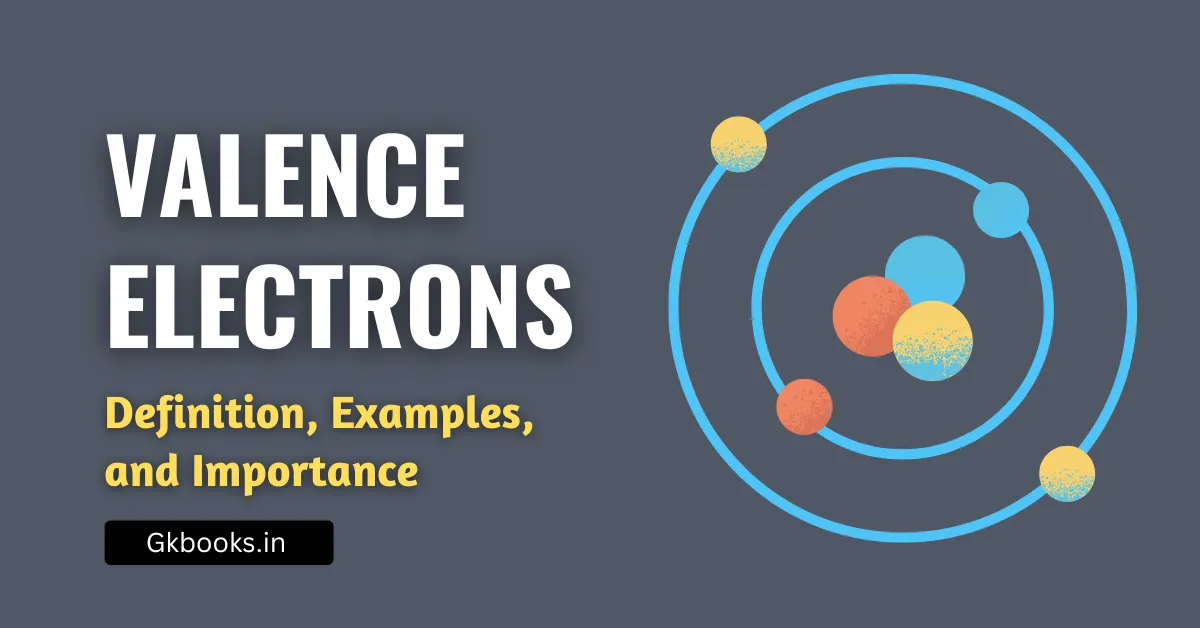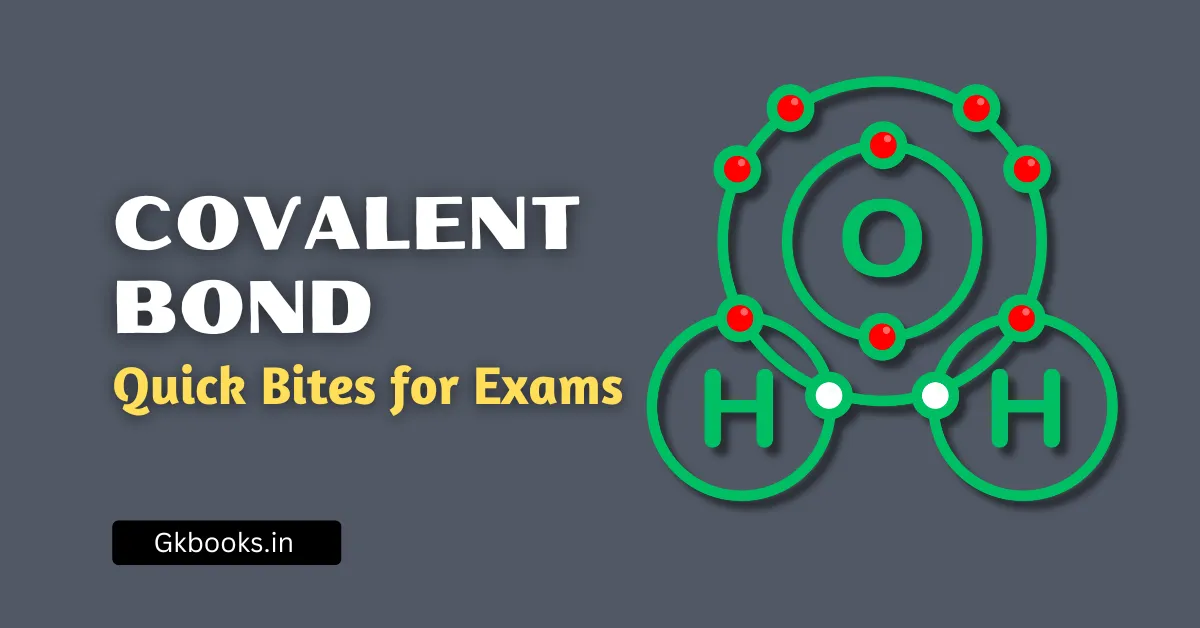Properties of Acids – Explained with Examples
Acids are one of the most important chemical substances in our daily life and industrial processes. From the sour taste of lemon to the acidic nature of gastric juices, acids play a crucial role in both biological and chemical systems. Understanding their properties is essential for competitive exams like SSC, UPSC, RRB, and various state … Read more
